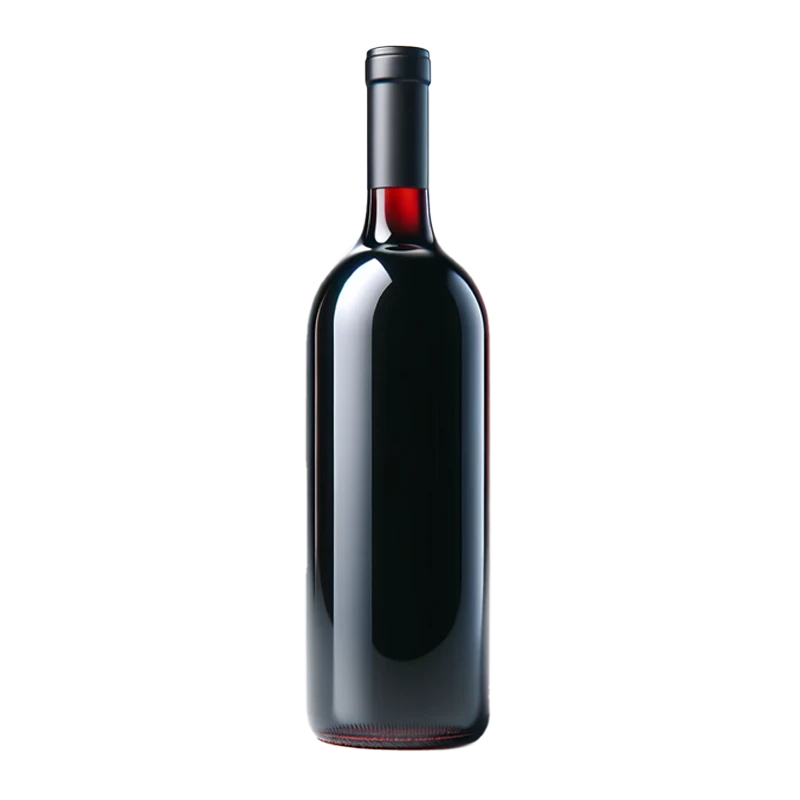Red Wine — Nutrients, Health Benefits, And Shopping Tips

Written by Listonic Team
Last update on September 4, 2024
Red wine nutrients
Nutrition facts
Amount per 100 g
Calories
🔥 85 kcal
| Nutrition per: 100 g | Value | % Daily Value* |
|---|---|---|
| Carbs | 3 g | 1.09% |
| Fiber | 0 g | - |
| Sugars | 1 g | 2% |
| Glycemic Index | 0 | - |
| Protein | 0 g | - |
| Sodium | 5 mg | 0.22% |
| Total Fat | 0 g | - |
*The % of Daily Value (DV) tells you how much a nutrient in a serving of food contributes to a daily diet. 2,000 calories a day is used for general nutrition advice.
Red wine facts & tips
Health risks
- High alcohol content which can lead to addiction, liver damage, and other health problems if consumed in excess.
- High calorie content which can contribute to weight gain if consumed frequently or in large quantities.
- Potential for dehydration as alcohol is a diuretic, which can lead to increased urination and potential dehydration if not balanced with adequate water intake.
- Risk of interactions with medications particularly those related to blood pressure, cholesterol, or mental health, as alcohol can interfere with the effectiveness of these drugs.
How to choose red wine
When selecting red wine, look for a bottle that is stored horizontally in a cool, dark place to ensure the cork remains moist and intact. The wine should have a clear, deep color without any brownish hue.
Avoid red wines with a vinegar-like smell or those that have sediments in the bottle, as these can indicate oxidation or spoilage. Bottles with a pushed-up cork or leakage should also be avoided, as they suggest improper storage or handling.

How to store red wine
Red wine should be stored in a cool, dark place, ideally in a wine rack or cellar. Keeping it on its side helps maintain the cork's moisture and prevents it from drying out. Properly stored, red wine can age gracefully over time.
Fluctuating temperatures and exposure to light can spoil red wine. Avoid storing it in the kitchen where temperatures can vary significantly. Always keep the bottle tightly sealed and store it horizontally to ensure longevity.
✅ Please keep in mind: There is no safe amount of alcohol
Even moderate alcohol consumption poses significant health risks. The most recent data from the World Health Organization warns that no level of alcohol consumption is safe for our health. Click to learn more.
How long does it last?
Red wine can last for 3-5 days once opened and refrigerated. Unopened bottles can last for 1-3 years when stored in a cool, dark place.
What to do with leftovers?
Leftover red wine can be used in a variety of culinary and non-culinary ways. In the kitchen, red wine adds depth and richness to dishes like stews, sauces, marinades, and braises. It can also be reduced to make a flavorful sauce or syrup for drizzling over desserts or roasted meats.
Beyond cooking, red wine has several non-culinary uses. It can be used in DIY beauty treatments, such as mixing it with honey and yogurt to create a facial mask that helps exfoliate and rejuvenate the skin. Red wine can also be used to create homemade red wine vinegar by allowing it to ferment with a vinegar mother. Additionally, red wine can be used in crafting to dye fabrics or paper, giving them a rich, burgundy color. Some people also use red wine in homemade cleaning solutions for polishing wooden furniture or cleaning stainless steel surfaces, thanks to its mild acidity.
👨⚕️️ Medical disclaimer
Discover products from other categories
Listonic Team
Fact-checked
Our editorial team checked this article to make sure it was accurate at the time of publishing it.
Get the top-rated shopping list app

red wine
1 piece







